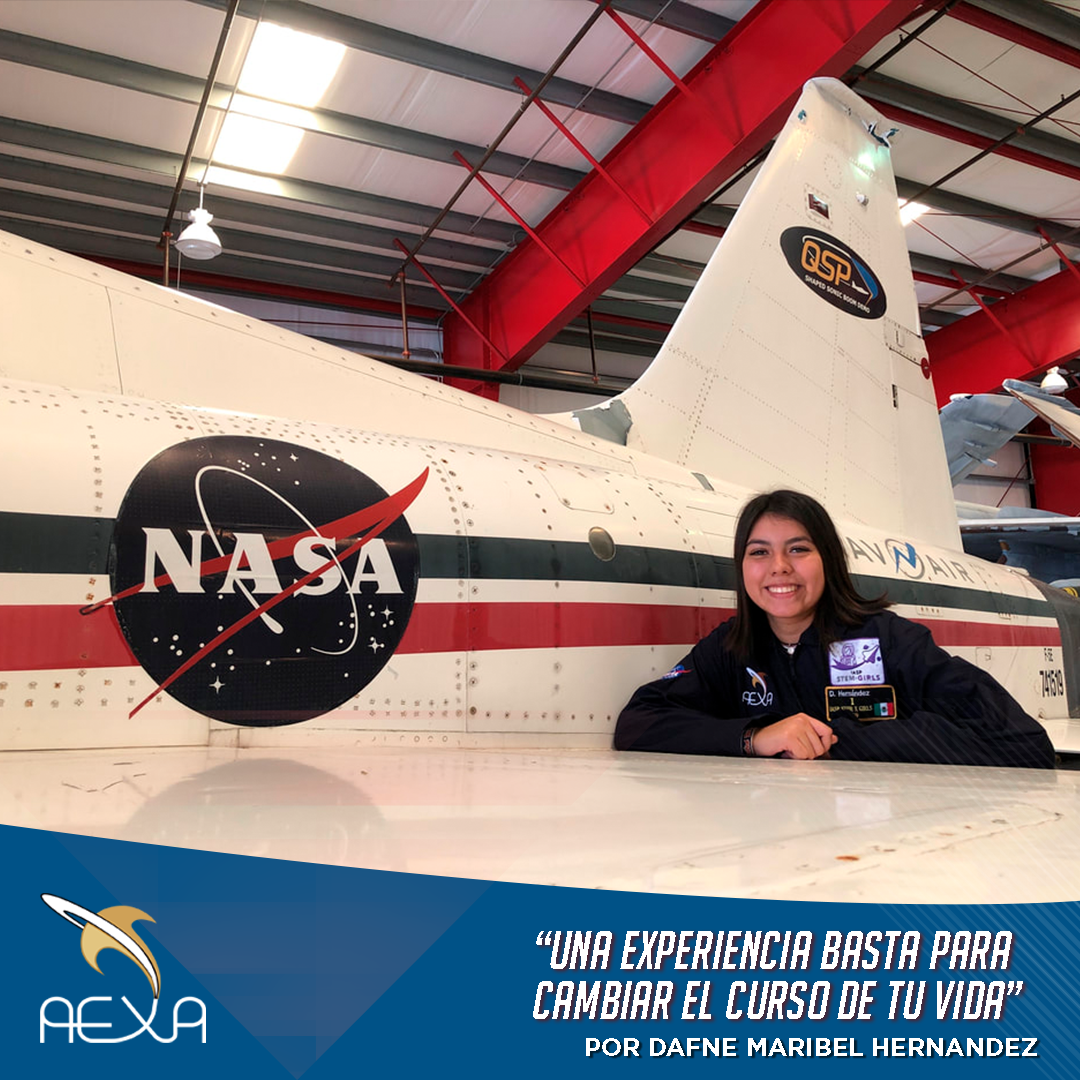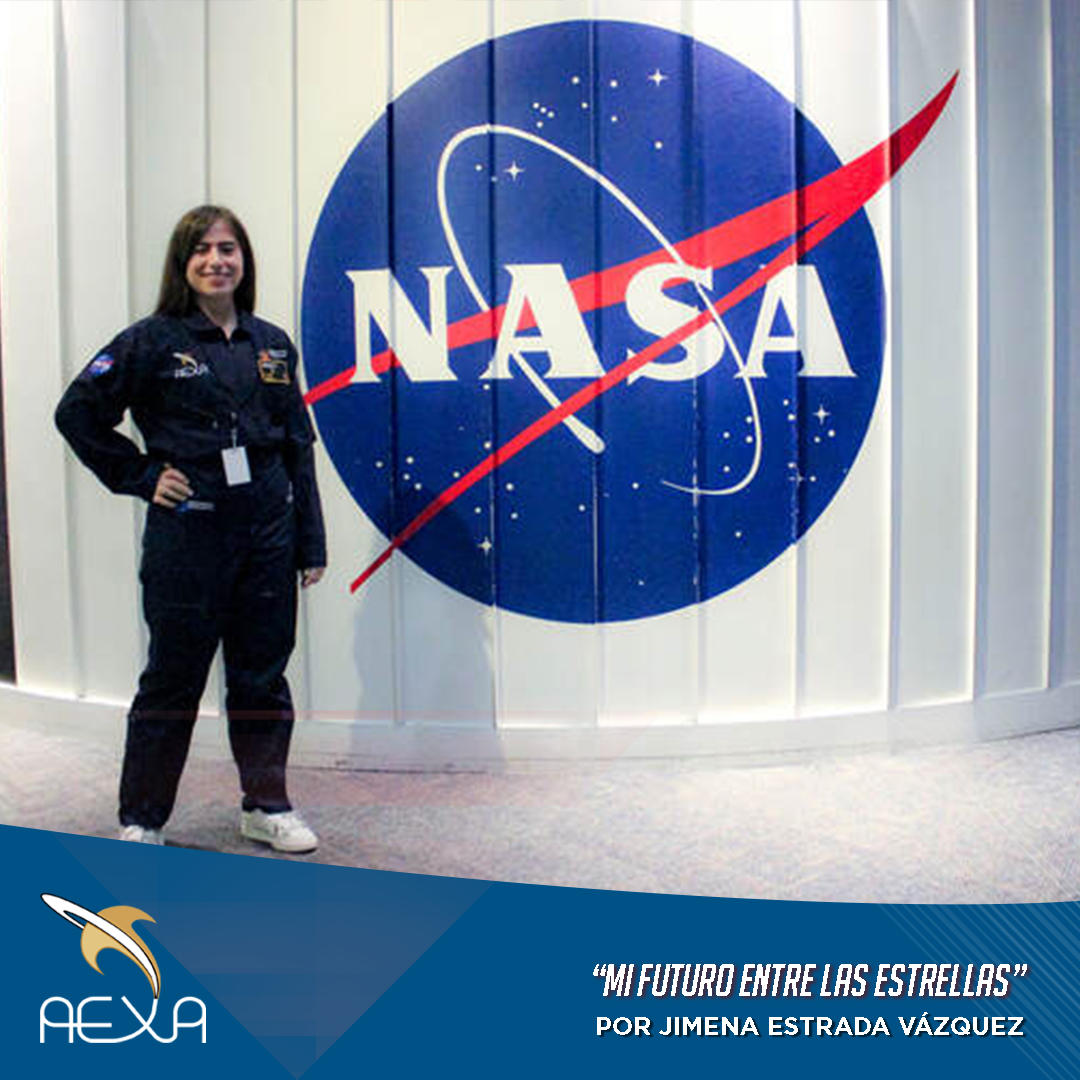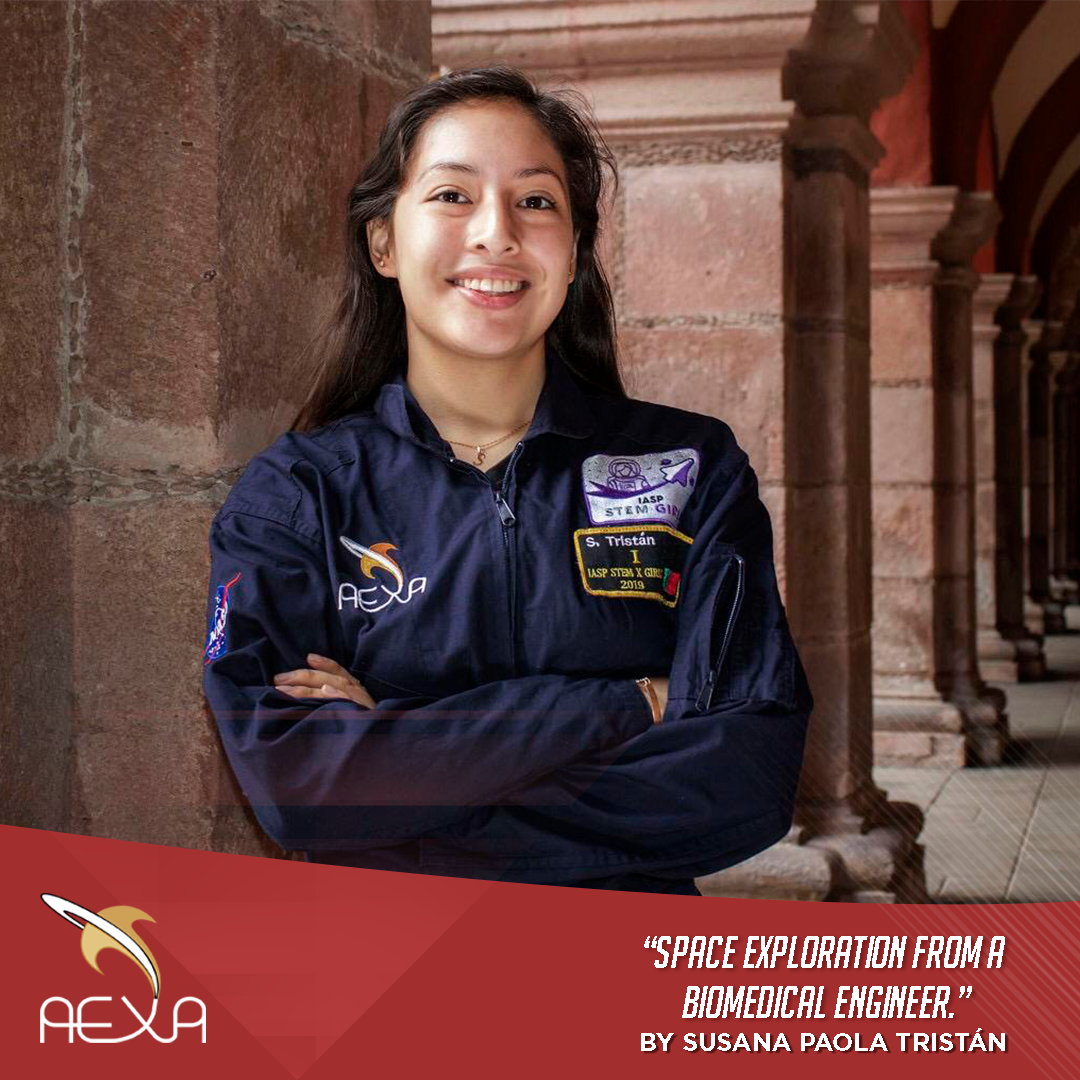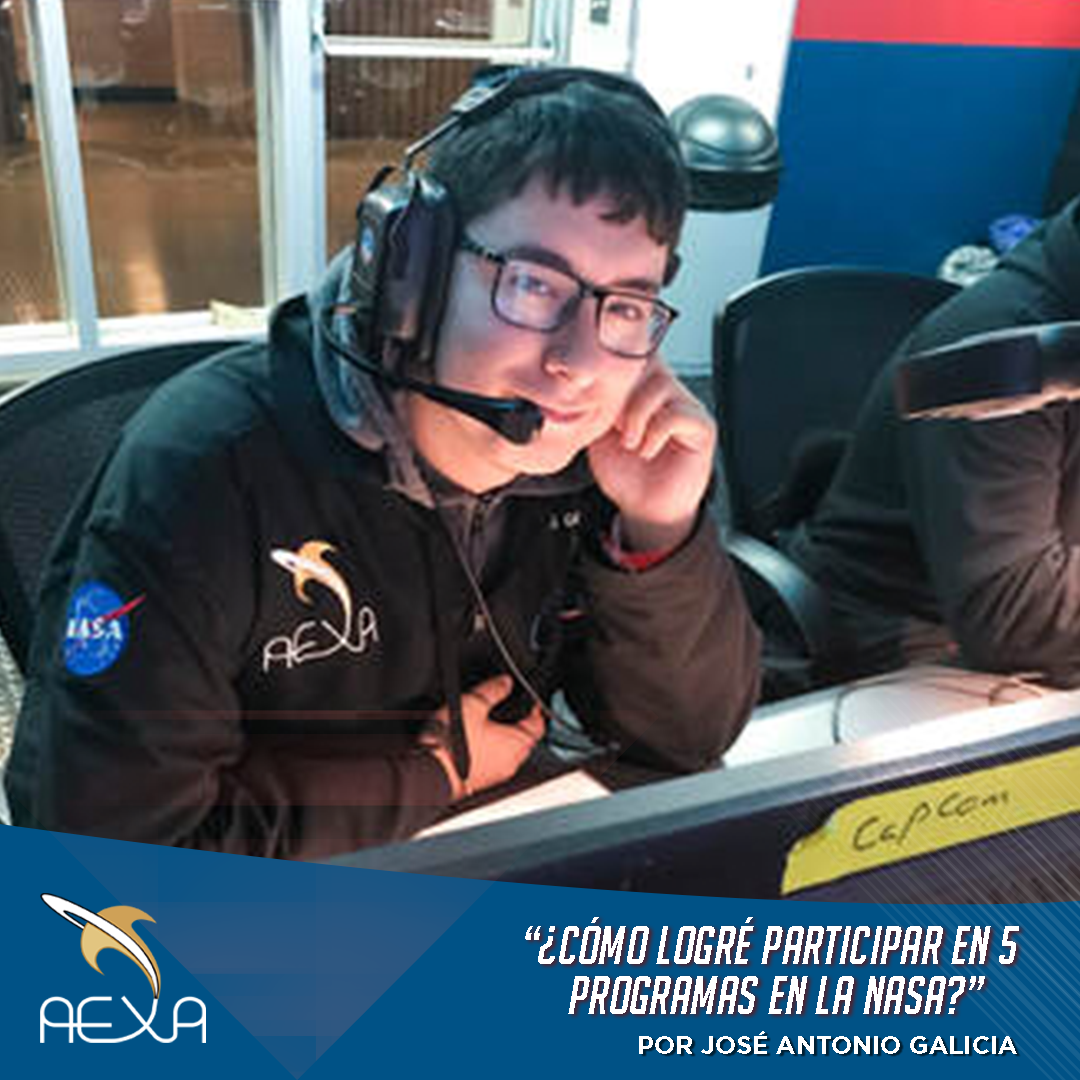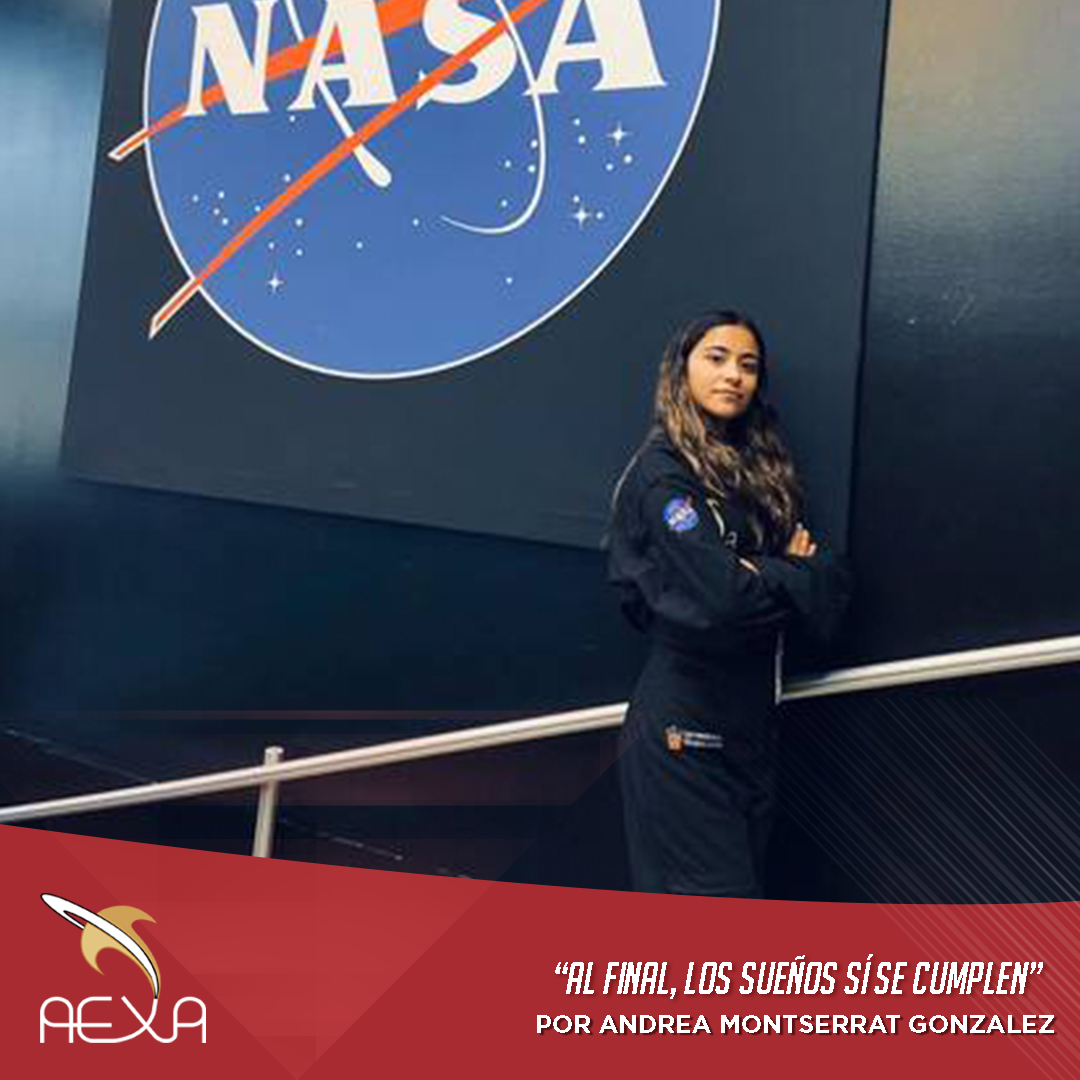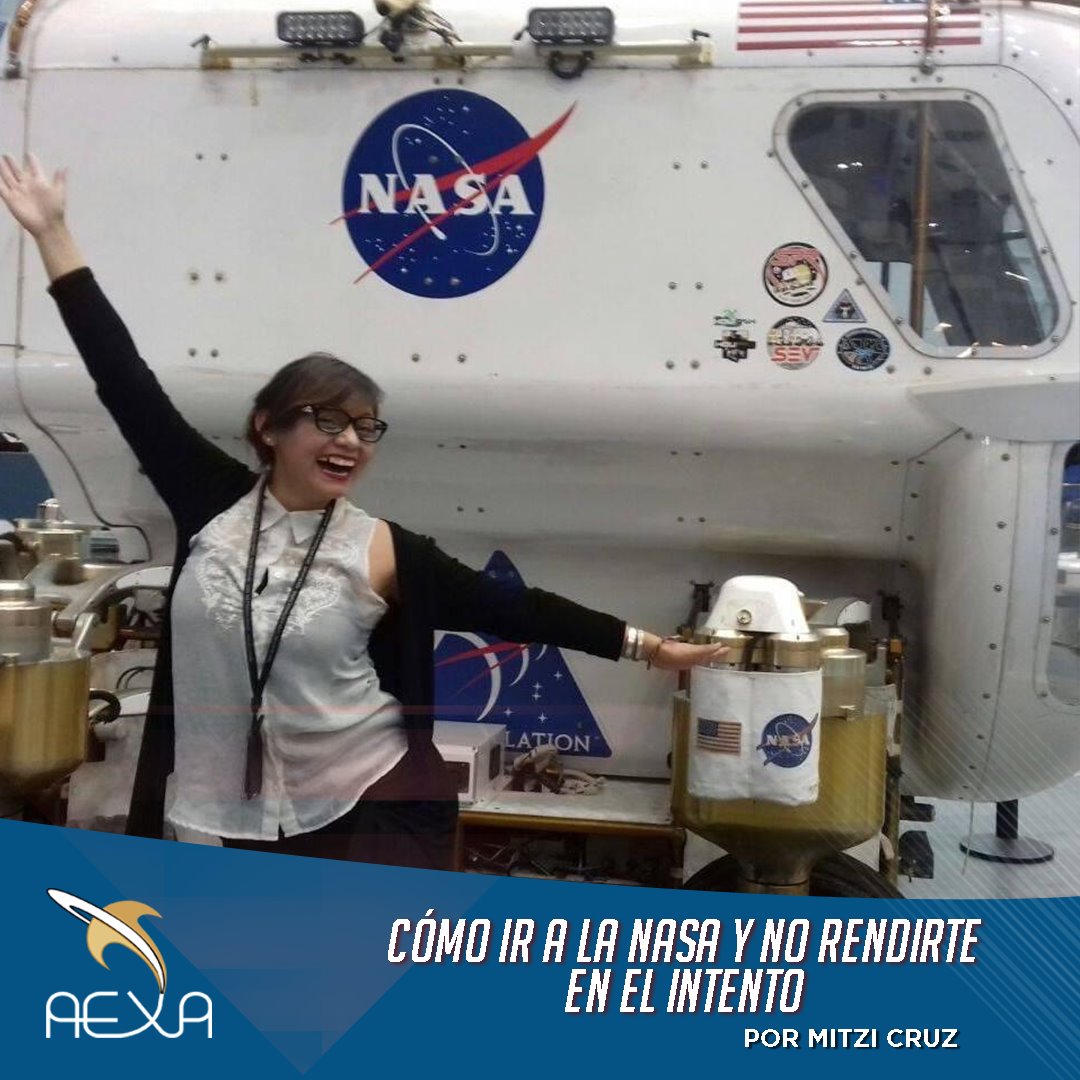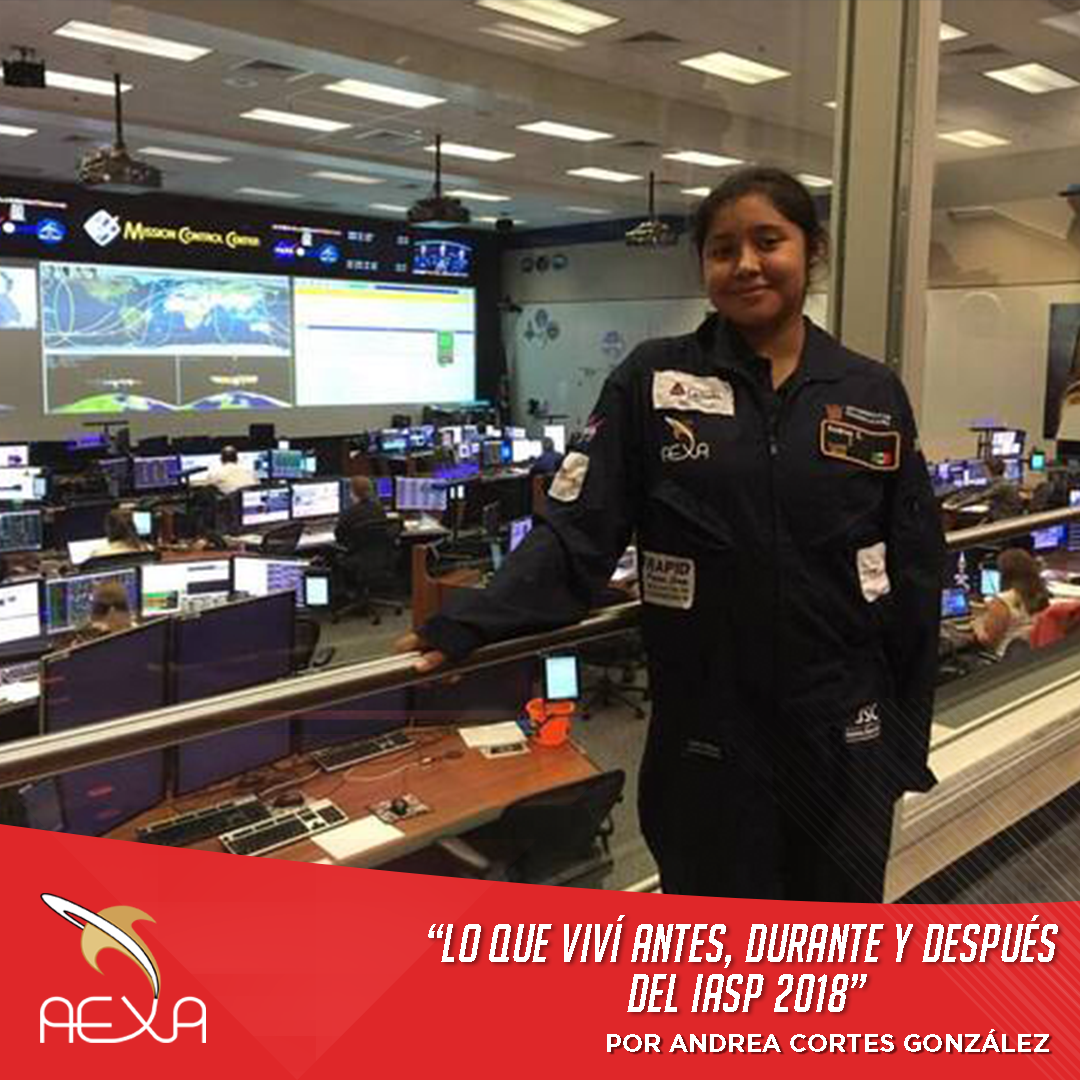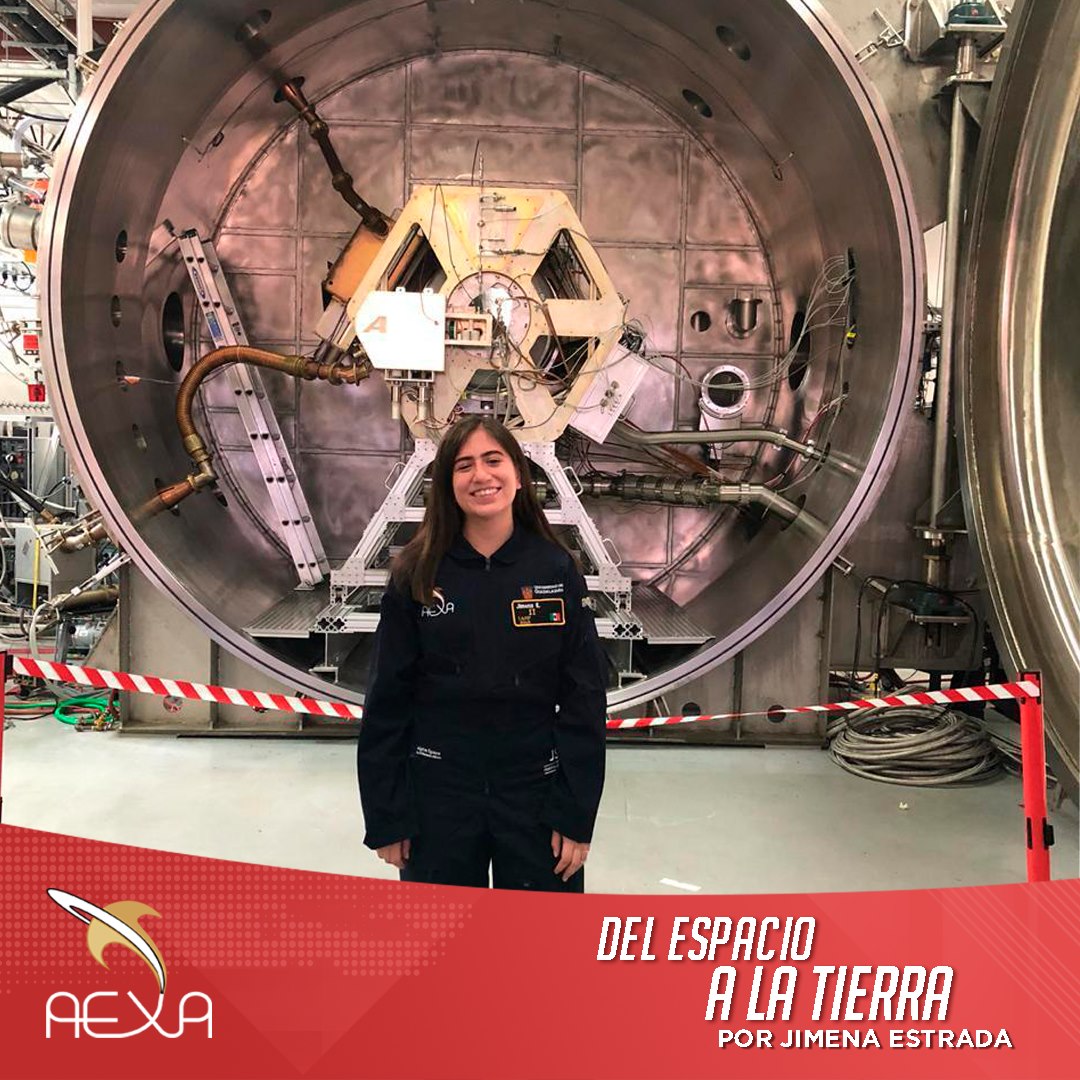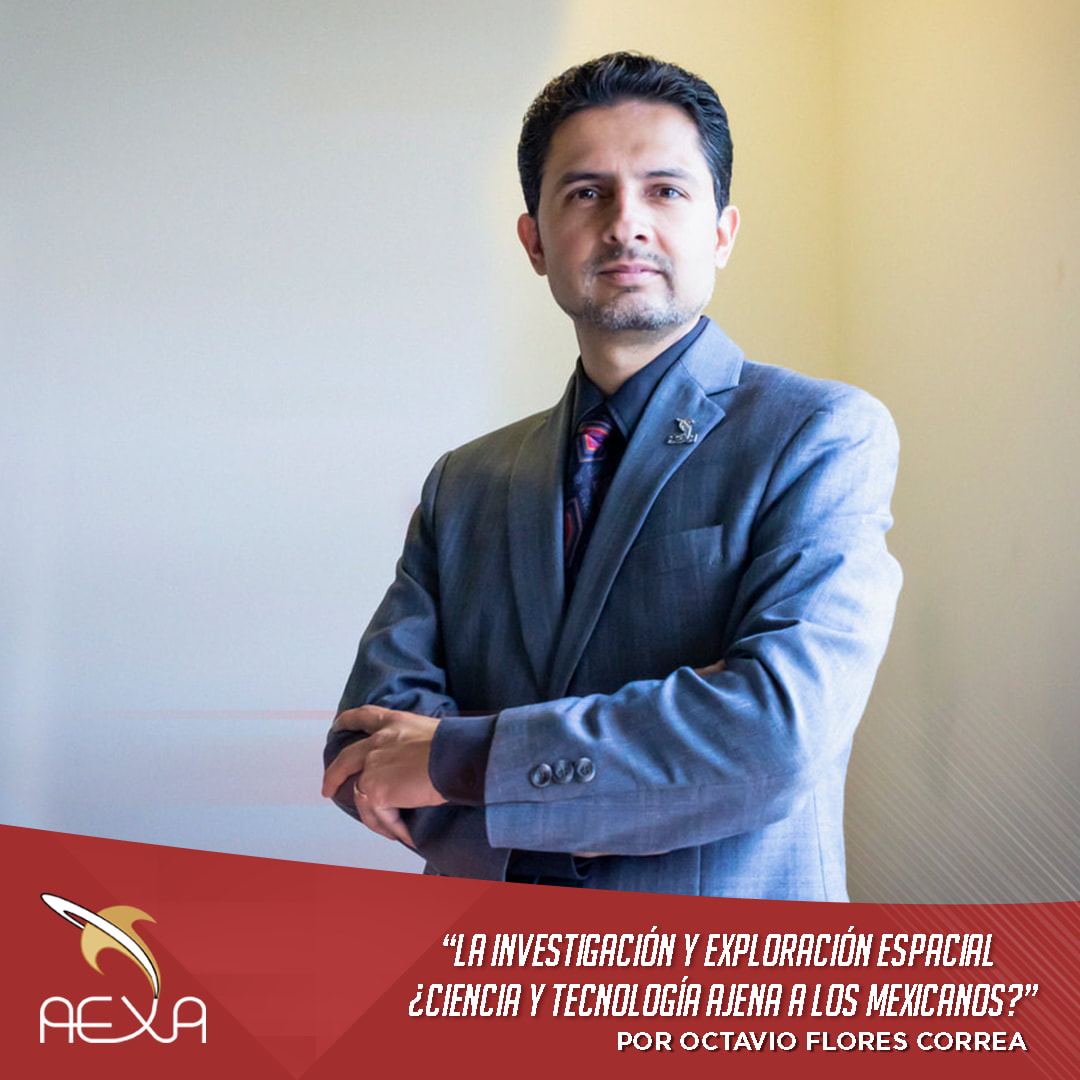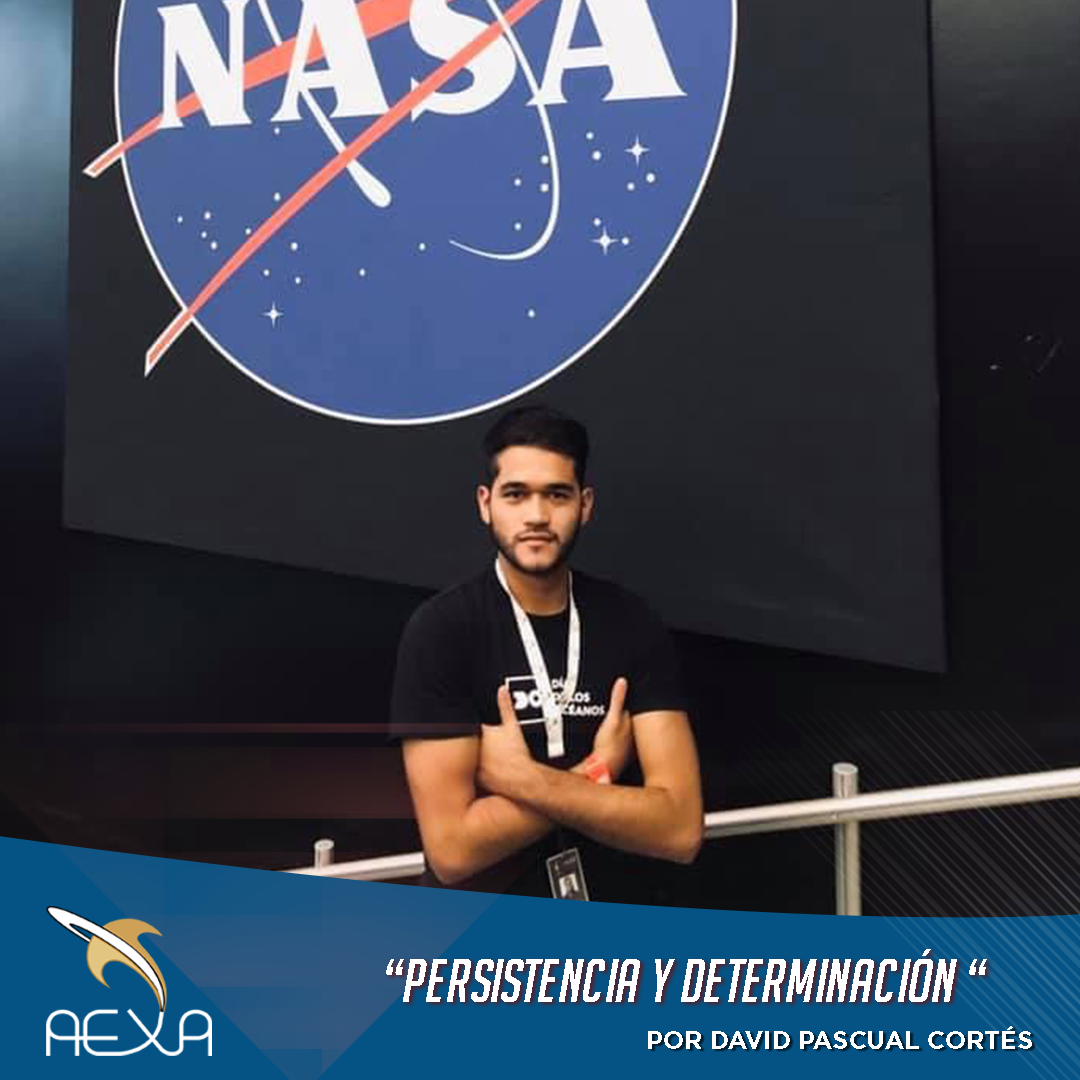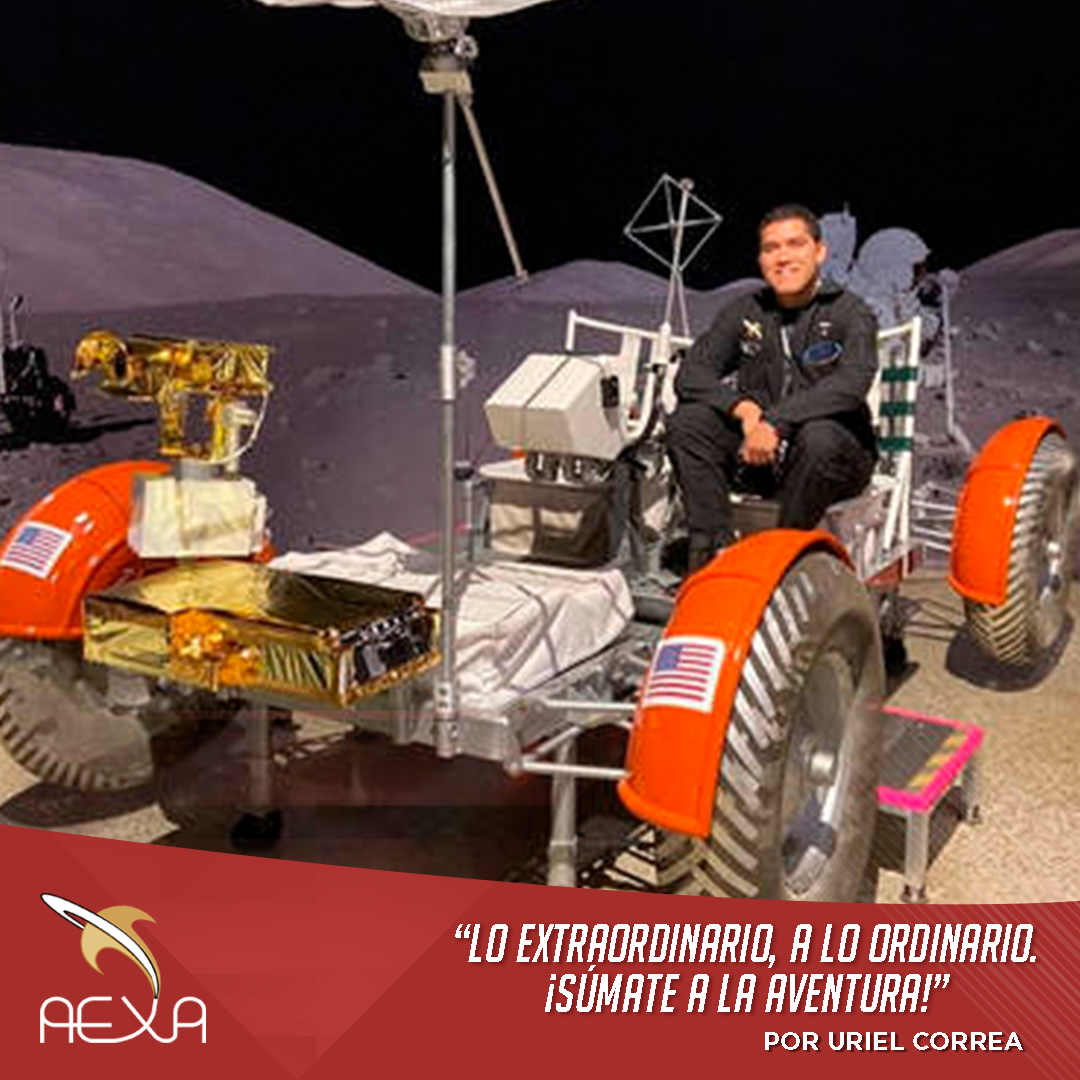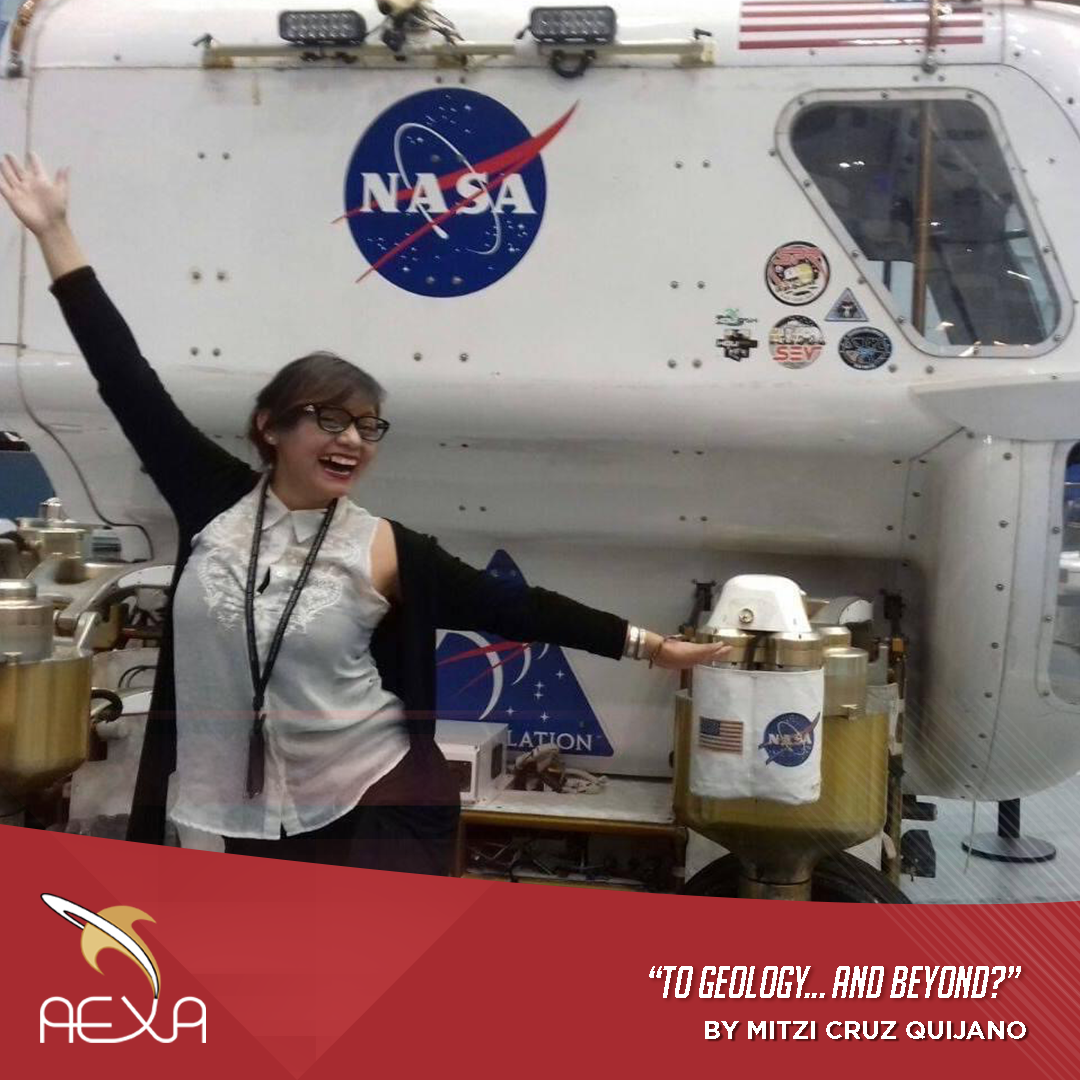Comencemos por responder a un grupo de personas, cada vez más numeroso, quienes su principal preocupación o miedo está enfocado sobre perder su empleo o puesto de trabajo a causa de la IA, por ejemplo, el mesero del futuro, el asistente de atención al cliente (call center) del futuro, el maestro del futuro, el presentador del futuro, etc. Entonces: ¿La inteligencia artificial me va a quitar mi puesto de trabajo? Respuesta, considera lo siguiente:
Para nosotros los que nos dedicamos a Tecnologías de la Información (TI), desde los 80's vivimos continuamente esta incertidumbre de pasar al desempleo, porque siempre hay riesgo de volvernos obsoletos o improductivos, por lo cual tenemos el compromiso de estar siempre actualizándonos o renovándonos en competencias tecnológicas de vanguardia para poder coincidir con los perfiles de los puestos de trabajo que demanda el mercado actual. Veamos algunos ejemplos:
Si tú eres un profesional que no eres del área de TI, es normal que tengas un miedo mayor, porque no has vivido tan frecuente estas actualizaciones o adaptaciones, pero hay noticias alentadoras para todos los profesionistas porque, por ejemplo, podemos ver en videos que hay personas muy bien preparadas que no son directamente del área de TI, dando conferencias y resolviendo dudas a su audiencia sobre temas de IA, lo que significa que la IA está siendo inclusiva para la mayoría de las profesiones. Respecto al tema del desempleo, el miedo, la preocupación y de los avances tecnológicos, quisiera citar textualmente lo que el ingeniero Carlos Slim Helú (uno de los hombres más ricos del mundo) nos comparte en su conferencia “Retos y Liderazgo” (Feb 2011) y en su “Carta a los jóvenes estudiantes destacados” (1994).
Mi idea de iniciar este artículo con el tema de desempleo, miedo, preocupación es para poder quitar o disminuir este camino de incertidumbres, de esta manera motivarnos todos para conocer más sobre los temas relacionados con la IA. Además, de acuerdo con la lingüista Cristina Aranda, la IA no llega a nuestro nivel de cognición, la capacidad asociativa que tenemos, tampoco con la capacidad de las dislocaciones temáticas, de captar la ironía, la metáfora, el conocimiento del mundo etc. También recordar que detrás de cada IA hay uno o más soñadores y un esfuerzo importante que debemos respetar. ¿Qué es la inteligencia? Es la capacidad de los seres vivos para resolver determinados problemas en periodos de tiempos finitos, una capacidad que puede objetivarse parcialmente, modelarse y, por tanto, también estimularse mediante procedimientos de prueba adecuados. Un ser vivo es más inteligente respecto a un problema, dado que otro ser vivo sí y solo si resuelve el mismo problema más rápidamente. Este es el “Target” de la IA. (Markus Gabriel) Cuando se habla de vida, se habla de la posibilidad de que sea vida inteligente, observemos en la NASA, que los científicos trabajan desde diferentes áreas o campos de estudio, con diversas tecnologías para buscar señales de vida en el universo. Así, van reuniendo las pistas para obtener una respuesta. Para Gerónimo Villanueva (Director asociado en la división planetaria en la NASA) nos comparte lo siguiente “La vida es algo tan fascinante. El hecho de entender sí es algo que es muy único, tiene una connotación, diría, filosófica importante.”; así Noelia González (anfitriona del podcast) responde “La búsqueda de vida nos lleva, además, a buscar mundos habitables. Es decir, lugares con las condiciones necesarias para sustentar la vida como la conocemos.”, por lo tanto, es muy importante la búsqueda de la vida, pero aún más importante que sea vida inteligente, no necesariamente es de forma humana. ¿Qué es la Inteligencia Artificial?
En alguna definición se dice que la IA es la Tecnología Cognitiva comparto esa atinada definición, porque recordemos que nuestro cerebro tiene un procesador cognitivo que es el que realiza tareas como aprendizaje (atención, percepción y memoria), razonamiento, toma de decisiones, búsqueda, solución de problemas, computo matemático, lógica lingüística, etc. La IA es sobre todo procesamiento de datos, es decir, hoy en día hay mayores ejemplos prácticos de software (programas) que de software + hardware (por ejemplo, robots). El humano y su interacción con su entorno, cómo es el proceso del aprendizaje. Continuará… Conoce a nuestro autor: https://mx.linkedin.com/in/jose-antonio-velasco-maya-76a97a194 https://www.facebook.com/antonio.velasco20/ Artificial Intelligence, How it can help us increase our productivity.Today, society is mainly dedicated to providing services, we are living in what we know as the digital age or the knowledge age. In the last 4 years, we are discussing more and more about artificial intelligence (AI) so, it is more important to know what AI is, what its history is, how it is classified and what types exist, what are the areas of study, the most mysterious one is deep learning, and also what about with the ethics of the AI use. Let us start by responding to an increasingly large group of people, whose main concern or fear focuses on losing their job or position job due to AI, for example, the waiter of the future, the customer service assistant (call center) of the future, the teacher of the future, the presenter of the future, etc Then: ¿Is artificial intelligence going to take away my job? Answer, consider the following:
For those of us who are dedicated to Information Technology (IT) since the 80s, we are living continually this uncertainty of becoming unemployed, because there is always the risk of becoming obsolete or unproductive, for which we have the commitment to always updating or renewing ourselves in cutting-edge technological skills to be able to match with profiles of the position job demanded by the current market. Let us look into some examples:
If you are a professional who is not in the IT area, it is normal that you have a greater fear, because you have not frequently lived these upgrades or adaptations, but there are encouraging news for all professionals because, for example, we can see in videos that there are very well prepared people who are not directly from the IT area, giving conferences and answering questions to their audience on AI topics, which means that AI is being inclusive for most professions. Regarding the unemployment, fear, concern and technological advances topics, I would like to quote what engineer Carlos Slim Helú (one of the richest men in the world) shares with us in his conference “Challenges and Leadership” (Feb 2011) and in his “Letter to young students highlights” (1994). -- Technology allows physical work, physical effort to be less, it is no needed to carry lumps, boxes, products, etc…So from being part of the machine, now they becomes like a shepherd of machines --. -- By increasing that productivity in such an important and substantial way, there begins to be unemployment in specific places, a thousand people are no needed to produce, the same thing can be produced with two hundred,... people who are no longer necessary to produce a material possession must... prepare them to produce other activities, other material possession or other services --. -- You live without fear and without guilt; fear is the worst feeling of the human being, it weakens us, inhibits us from action and repress us...guilt and fear must be put aside --. -- Occupation displaces concern, and problems by facing them face away; let us learn from failures and successes must be silent stimulus and always act as our conscience dictates --. My idea of starting this article with the unemployment, fear, concern topics, is to be able to remove or reduce this uncertainty path, in this way we all motivate ourselves to learn more about AI related topics. Furthermore, according to linguist Cristina Aranda, AI does not reach our cognition level, the associative capacity that we have, nor the capacity for thematic dislocations, to catch irony, metaphor, knowledge of the world, etc. Also remember that behind each AI there are one or more dreamers and an important effort that we must respect. What intelligence is? It is the capability of living beings to solve specific problems in finite periods of time, an capability that can be partially objectified, modeled and therefore also stimulated by appropriate testing procedures. A living being is more intelligent regarding a given problem than another living being if and only if it solves the same problem more quickly. This is the “Target” of AI. (Markus Gabriel) When we are discussing about life, we are talking about the possibility that it is intelligent life. Let us observe at NASA that scientists are working from different areas or study fields, with many technologies to search for life signs in the universe. Thus, they gather clues to get an answer. For Geronimo Villanueva (Associate Director in the planetary division at NASA) he shares the following with us: “Life is something so fascinating. The fact of understanding if it is something that is very unique, it has an important philosophical connotation”; thus Noelia González (podcast host) is answering “The search for life also leads us to search for habitable worlds as well. That is, places with the fundamentals conditions to sustain life as we know it.” Therefore, the search for life is very important, but even more important that it is intelligent life, it is not mandatory human-shaped. What Artificial Intelligence is?
In some definition it is said that AI is Cognitive Technology, I share that correct definition, because let us remember that our brain has a cognitive processor that performs tasks such as learning (attention, perception and memory), reasoning, decision making, search, problem solving, mathematical computation, linguistic logic, etc. AI is first and foremost data processing, that is, today there are greater practical examples of software (programs) than of software + hardware (e.g.robots). Humans and their interaction with their environment, what the learning process is like. To be continue …
0 Comments
|
CategoriesBLOGS anterioresArchivos
April 2025
|
Contact us
Parque Lincoln, Anatole France 51, Polanco V Sección, CP 11560 CDMX.
Tel. 5579661224
Tel. 5579661224
Legal
© Copyright 2025 | All Rights Reserved | Privacy Policy
Aplicaciones Extraordinarias Aeroespaciales AEXA SA de CV
Aplicaciones Extraordinarias Aeroespaciales AEXA SA de CV
International Air and Space Program y AEXA son marcas registradas.
